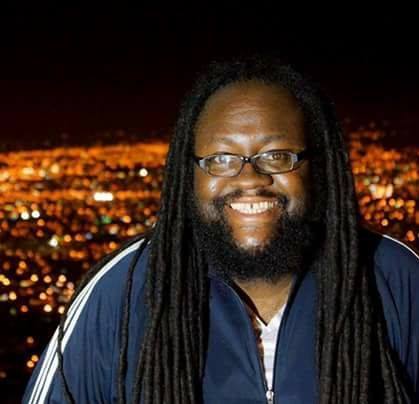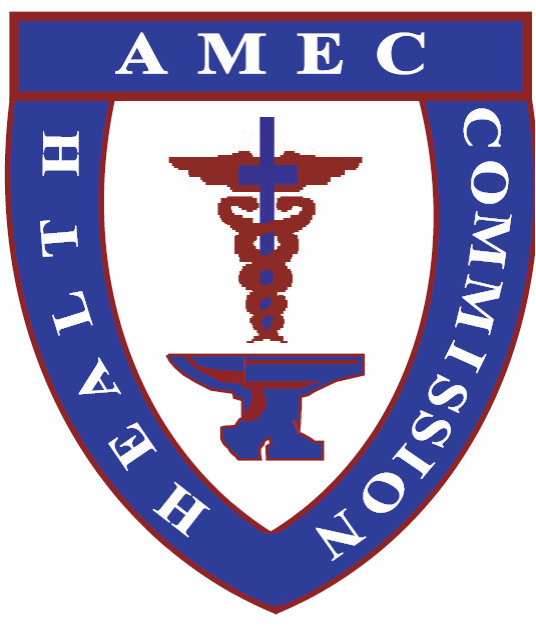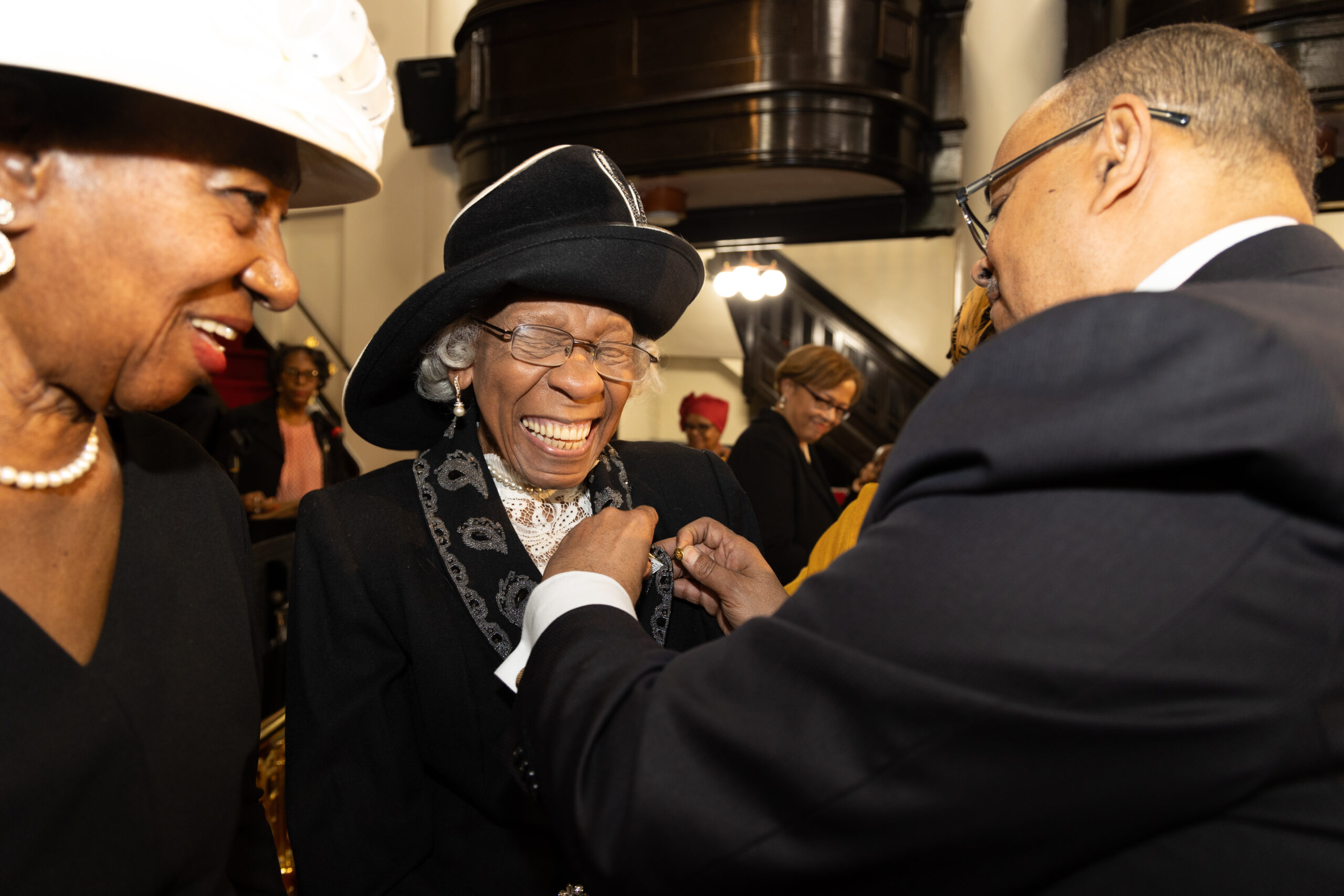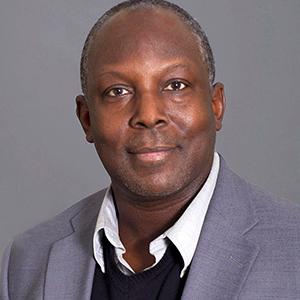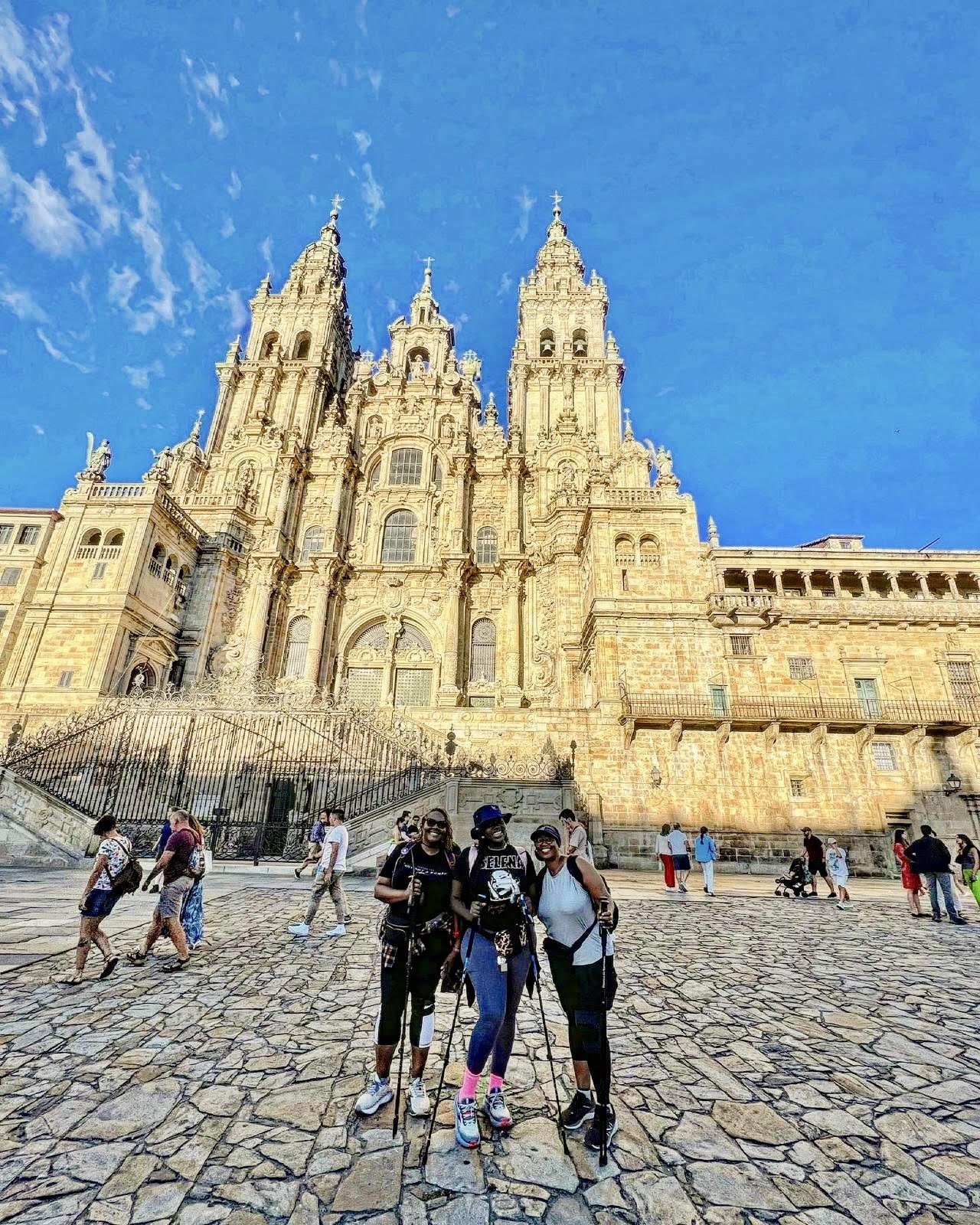By Kiratiana Freelon, Contributing Writer
For Black Americans, the “Black Church” and the fight against racism and social inequality go together like cornbread and greens. We have historically expected our religious leaders to not only provide spiritual guidance but to also help us navigate a society that discriminates against us because of our race. This did not happen in Brazil, where the country’s black population (just over 50 percent of the total population) is some of the most fervent Protestant churchgoers. There is no “Black Church” in Brazil.
André Guimarães is part of a new generation of black churchgoers and leaders who are looking for the church to take a greater role in the fight against racism and social inequality. They are unwilling to wait on their pastors and church denominations to take the lead.
In the interview below, Guimarães explains how it is to be a “woke” black person and a member of a Brazilian Protestant church that doesn’t actively engage in the black movement. He also talks about a new organization, Movimento Negro Evangelico do Brasil, The Black Evangelical Movement of Brazil, that is uniting black evangelicals who want to take a more active role in Brazil’s black movement.
F: So you’re an active member of the Methodist church in Brazil. How has the Methodist church been involved with combating racism inside and outside of the church?
G: We have a group called “Ministers Against Racism.” I am part of it and it has been active for the last 30 years. Even though the Methodist church has a pastor group fighting racism, there is still a lot of racism in the church and outside of the church all the time. In the church, when we see where the pastors are, they are in churches with little power and influence… and even though we have this pastor group, we still haven’t been able to produce a theology that disrupts the white thinking that dominates the Brazilian church. For example, people like James Coney and Jacquelyn Grant managed to produce a theology and a thinking about God that is focused on justice. Here in Brazil, we still haven’t managed to do this.
F: For African-Americans, it’s very difficult for us to imagine churches that are dominated by black worshippers but are led mainly by white people. Why is this the case in Brazil? Can you explain what happened in Brazil?
G: Here in Brazil, in contrary to our African-American brothers, we didn’t have a significant rupture with the white churches. Here we were integrated with the white churches. So all of the theological thinking that brings white people in power and that hurts black people was never questioned. You all have the NAACP. You all have various organizations that give support to ministers, pastors, and the development of the black people. We still don’t have that. We have a few black movement organizations but they are still very strongly connected to whites. For example, we have the Brotherhood of the Rosario dos Pretos*, [which is] connected to the Catholic Church. This is a black brotherhood inside of the Catholic Church but they were never able to form a black theology.
F: Can you explain how it is to be a part of the Methodist church as a black person?
G: The theology continues to be a white theology inherited from the theology of the south of the United States. You are living in a church in which you convince yourself that a large part of the stuff that is said is not said for you. We manage to build a solidarity throughout the world with every ethnic group except for Afro-Descendents. The crimes made against the black population are ignored. In Brazil, there is a systematic genocide of the community here. This does not generate a mobilization in the church. Here in Brazil, you will not see pastors or even lay people fighting against the genocide of black people in Brazil.
F:I heard that some evangelical churches are racist? Can you explain this to me? How can a black person be a member of a racist church in Brazil?
G: The church manages to cover up the discourse of racism and substitute this for universalism. The church says that we are all equal in the eyes of Christ and that Christ is not black, white, a slave, or free; but in the daily practice, the church is an accomplice of racism. It doesn’t have the capacity to criticize the racist society. The church’s discourse about equality makes black people feel like they belong; but in everyday relationships, this is not the case. Black culture is demonized and the social and economic condition of black people is neglected. The white church has no capacity to generate social development for black people.
For example, the church favors whitening. Who marries in the church? The black poor women are the last people to marry in the church. The black people who marry with the white people are the black people who have executive power. There are empowered black people. Why can’t black men and women be together?
F:So, tell me about this new group, the Black Evangelical Movement group of Brazil (Movimento Negro Evangelical do Brasil) – https://www.facebook.com/mnebrasil/. Why did you start it? When did it start?
G: Before last year, we didn’t exist as an official group. We were just black people across different denominations who casually met and were interested in black issues. Now we have a logo. We have a council. We have a space. We’ve had tons of meetings; but, we are hoping to have better visibility when it comes to black issues like genocide, religious intolerance, and violence against black women. This is a public organization that allows us to address these issues without them being imprisoned by a denomination. At the same time, I am part of the Methodist Black Pastors group. I am also walking with this organization which is bigger, the black evangelical movement. This group is bigger in terms of the representation.
F: What type of people are a part of these group?
G: Right now we are mainly based in Rio de Janeiro but we have people in various states organizing. We have women, men, young people, older people, professionals, government workers, union people, and musicians. They are also from various churches including Baptist, Assembleia de Deus, Methodists, Pentecostals, and others. I think that our desire is to get more people involved, especially more black pastors. This has been very difficult. Black pastors, in general, don’t have high self-esteem. They don’t think they can lead complex agendas.
F:How will this group convince black religious people to embrace the black movement and the fight against racism?
G: A majority of the black people in the church are not involved in the black movement; but, I think that their faith is a good starting point to get into this black movement. James Coney showed that black Christians can fight for the causes of a population and that we can talk about racism in a religious discourse. Racism is a sin. We can say the sin of racism has murdered young people. This language will allow us to attract black people who have not participated in the traditional social movements. In the past, they didn’t have this connection with their spirituality.
F:How can people outside of Brazil help this group?
G: It’s time that us black people in the Diaspora connect and exchange ideas. We need translations of books. We need more exchanges and conferences where we dialogue on these issues. We need black American professors coming here and Brazilian professors going to the United States.

